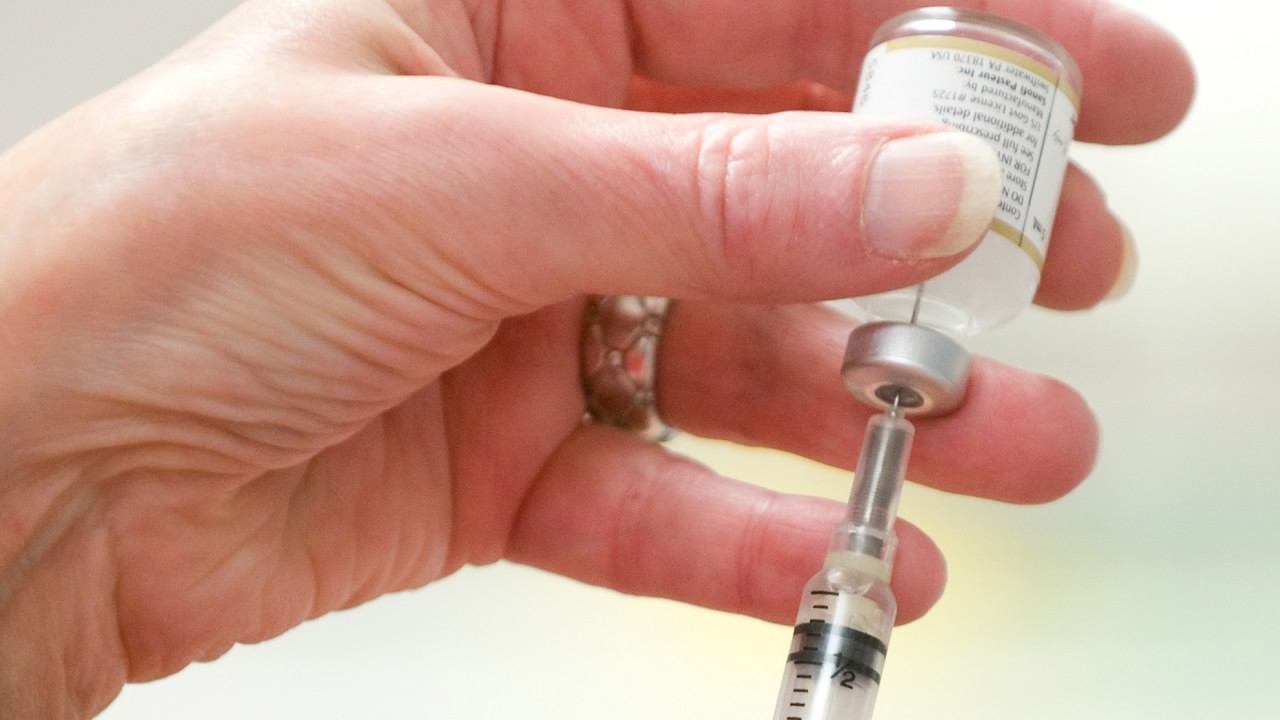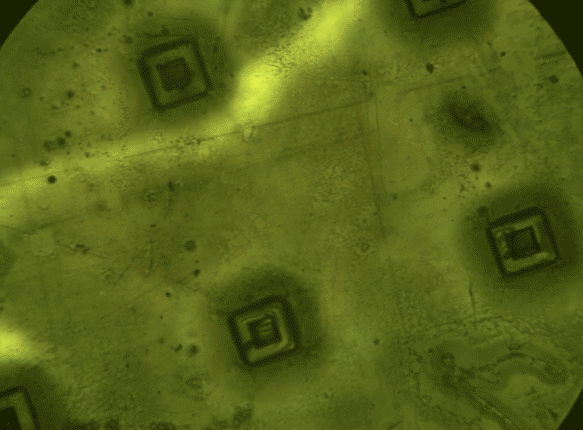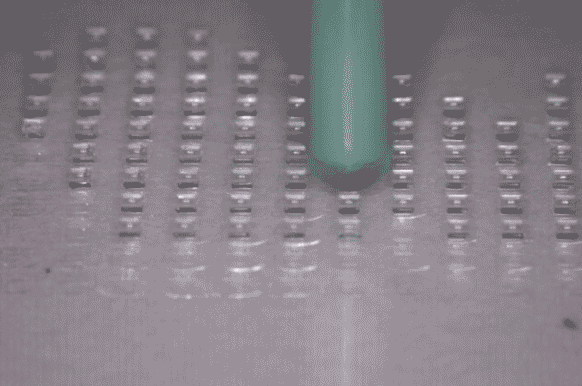
Health
22:57, 17-Sep-2017
Micro ‘coffee cups’ carry several vaccines in one injection
By Guo Meiping

For people who need a series of injections but have an aversion to needles, getting several vaccines must certainly be a nightmare.
But thanks to new technology developed by engineers from the Massachusetts Institute of Technology (MIT), that could all change and be bundled into a single jab.
According to a report published on MIT news Thursday, the team has created a 3D fabrication method which can generate a new type of particle. Multiple doses of vaccines can be delivered by these particles over an extended time period with just a single injection.
The novel particles are made from PLGA, a biocompatible polymer used in prosthetics and implants, and can release vaccines at designed times.
Each particle is similar to a sealable “coffee cup” that can be filled with doses drugs or vaccines.

"Coffee cup"-like particles. /Gif via MIT News
"Coffee cup"-like particles. /Gif via MIT News
“For the first time, we can create a library of tiny, encased vaccine particles, each programmed to release at a precise, predictable time, so that people could potentially receive a single injection that, in effect, would have multiple boosters already built into it.” said Robert Langer, the David H. Koch Institute Professor at MIT.
During experiments, the team injected the “coffee cups”, which are designed to deteriorate at nine, 20 and 41 days after the injection, into mice.
The result was satisfactory – the particles were released on time without prior leakage.

An automated dispensing system can be used to load drugs into the 3D microparticles. /Gif via MIT News
An automated dispensing system can be used to load drugs into the 3D microparticles. /Gif via MIT News
Particles that can degrade hundreds of days after injection have also been designed by researchers. However, they say that making sure the encapsulated drug or vaccine remains stable at body temperature is a major challenge for long-term vaccines based on these particles.
Researchers believe that the technology could benefit the world.
“This could have a significant impact on patients everywhere, especially in the developing world where patient compliance is particularly poor,” Langer said.
10849km

SITEMAP
Copyright © 2018 CGTN. Beijing ICP prepared NO.16065310-3
Copyright © 2018 CGTN. Beijing ICP prepared NO.16065310-3